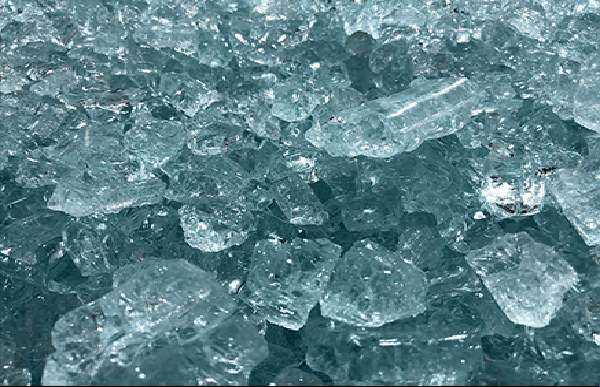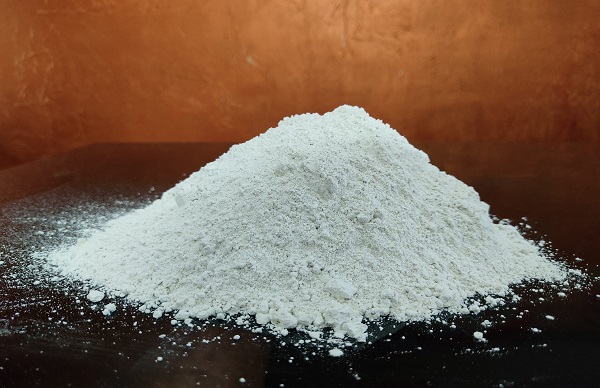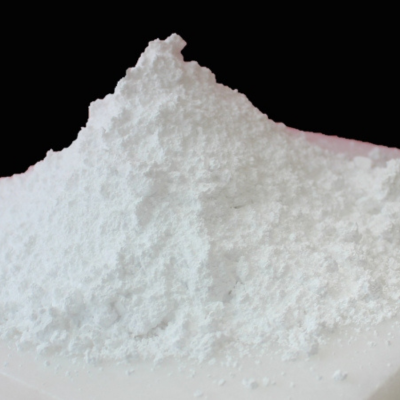
What is soda ash dense, and what are its uses?
September 18, 2023
Is soapstone powder suitable for carving or sculpting?
October 3, 2023Introduction:
In the world of industrial applications, finding materials that can withstand high temperatures while maintaining their structural integrity is a constant challenge. This is where Sodium Silicate, a versatile and dependable compound, comes into play. Through this blog post as a reliable Sodium Silicate Supplier in India we want to introduce you to the remarkable properties of this mineral that make it a go-to choice for high-temperature applications, exploring its benefits, use cases, and the role it plays in various industries.
Understanding Sodium Silicate
Sodium Silicate, often referred to as water glass, is a compound composed of sodium oxide (Na2O) and silica (SiO2). Its unique properties stem from the strong bond between these two elements, resulting in a highly stable and heat-resistant substance. It is available in liquid and solid forms, with varying ratios of Na2O to SiO2, allowing for customization based on specific application requirements.
Benefits in High-Temperature Environments
- Thermal Stability: One of the primary reasons this compound shines in high-temperature applications is its exceptional thermal stability. When exposed to elevated temperatures, it forms a protective layer that shields underlying materials from the harsh effects of heat. This property is particularly valuable in industries such as metallurgy, glass manufacturing, and ceramics, where extreme temperatures are the norm.
- Adhesion and Binding: It has a remarkable ability to adhere to various surfaces even at high temperatures. This adhesive quality makes it a preferred choice for applications like furnace lining, kiln furniture construction, and bonding refractory materials. Its binding capabilities are especially crucial in ensuring the longevity and efficiency of equipment operating under extreme heat conditions.
- Fire Resistance: Its fire-resistant nature is a significant advantage in industries concerned with fire safety. It's used as a component in intumescent coatings, which expand when exposed to heat and create a protective barrier against flames. This makes Sthis mineral a crucial player in the construction and aerospace sectors, where fire protection is paramount.
Diverse High-Temperature Applications
- Foundry and Casting: In the foundry industry, molten metals are handled at incredibly high temperatures. Sodium Silicate is used to create molds and cores that can withstand the heat and pressure of casting processes. Its ability to harden when exposed to carbon dioxide ensures the creation of intricate and precise molds.
- Welding Electrodes: This compound finds its way into the production of welding electrodes, which must endure intense heat during the welding process. As a binder, it helps maintain the structural integrity of the electrode, ensuring a stable arc and effective welding.
- Ceramics and Refractories: Ceramic production and refractory materials involve extreme temperatures. Thus, it is used to enhance the thermal stability of these materials, prolonging their lifespan and improving their resistance to thermal shock.
- Glass Manufacturing: The glass industry relies heavily on Sodium Silicate, not only as a raw material but also for its role in stabilizing glass melts at high temperatures. This stabilizing effect enhances the quality of glass products and reduces defects.
- Automotive and Aerospace: In the automotive and aerospace sectors, where high temperatures can be generated during engine operation, it is used in coatings and sealants to protect against heat-related degradation and enhance overall durability.
Tips for Successful Use
When using Sodium Silicate in high-temperature applications, certain precautions and practices can optimize its effectiveness:
- Proper Mixing: Follow recommended guidelines for mixing this compound with other materials to ensure a uniform distribution and consistent results. This is particularly important in applications like coatings and adhesives.
- Cure Time and Temperature: Allow Sodium Silicate-based products adequate time to cure and reach their maximum heat resistance. Proper curing conditions, including temperature and humidity, are essential for achieving desired properties.
- Surface Preparation: Ensure that surfaces are clean and free from contaminants before applying Sodium Silicate-based solutions. Proper surface preparation enhances adhesion and overall performance.
Conclusion
Sodium Silicate's exceptional thermal stability, adhesion, and fire resistance make it a versatile and indispensable player in high-temperature applications across various industries. From foundries to aerospace, its unique properties contribute to improved durability, safety, and efficiency. As industries continue to push the boundaries of temperature extremes, it stands as a reliable ally, unlocking new possibilities for innovation and progress.
Sudarshan Group is a leading supplier of high-quality Sodium Silicate tailored to your specific high-temperature application needs. Contact us today to discover how this mineral can revolutionize your industrial processes.



